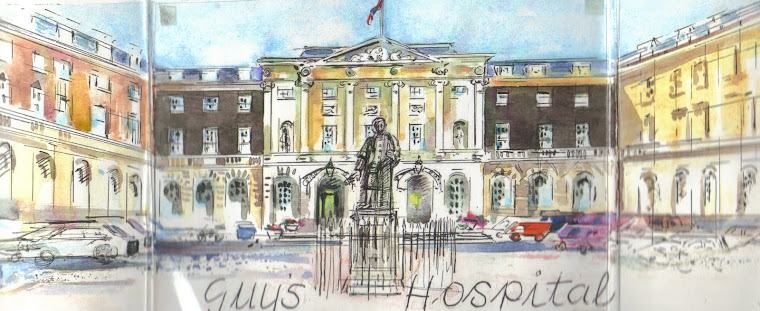His books published over the last 40 years are Epilepsy (John Wright, Bristol, 1969); Essential Neurology (with Dr. TJ Murray; 4th English edition 1993, Elsevier; also one Arabic and two Spanish editions); and Companion to Clinical Neurology (1994, Little, Brown; Japanese edition 1998; 2nd edition 2003, 3rd edition 2009, Oxford University Press). He described and named the Olfactory Reference Syndrome in 1971 but his other (over 120) peer-reviewed journal publications and book chapters have dealt with migraine, multiple sclerosis, genetic conditions such as myotonic dystrophy and hereditary neuropathies, medical ethics and neurological history. He was University Orator at Memorial University from 1977 until his retirement in 2006.
Married in 1977, (but divorced 20 years later) he has three children – Gwyneth, a financier; Amy, an environmental engineer; and Sam, a film-maker. They all call St. John’s home but actually live variously between here, Toronto, Vancouver and/or wherever the next shoot is located.
Dr. Pryse-Phillips’ interests outside medicine include cooking, extreme gardening, long-distance walking, skiing, salmon fishing, iconoclasm and writing books for pleasure and for children.


